Find Help
More Items From Ergsy search
-
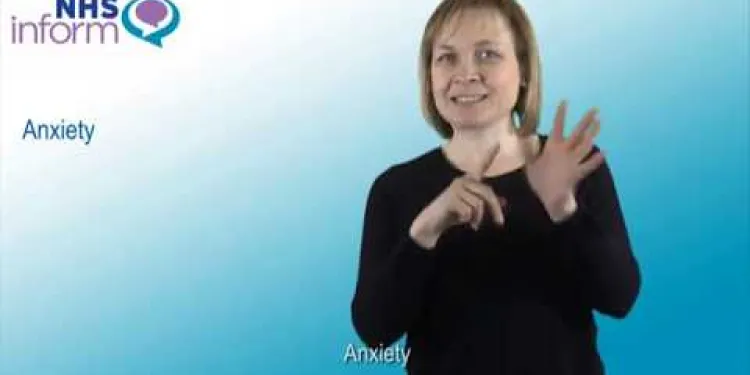
Generalised anxiety disorder (GAD)
Relevance: 100%
-
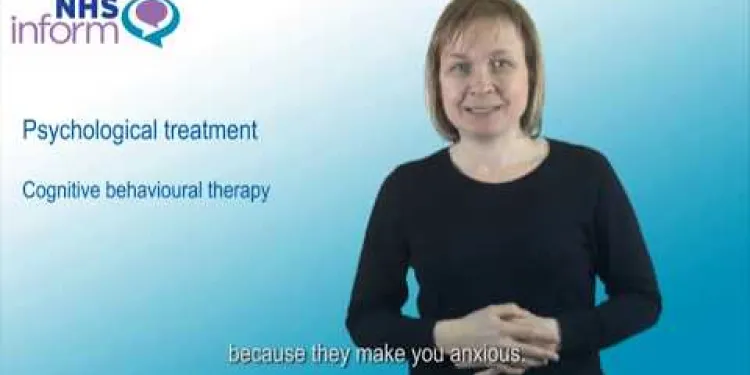
Treating generalised anxiety disorder (GAD)
Relevance: 94%
-
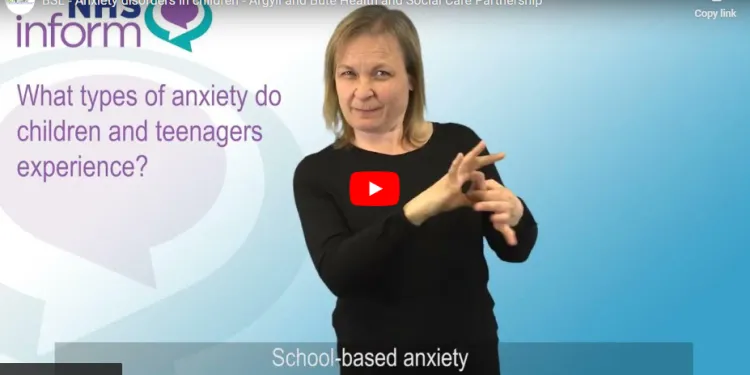
What type of anxiety do children and teenagers experience?
Relevance: 50%
-

Anxiety | NHS
Relevance: 35%
-
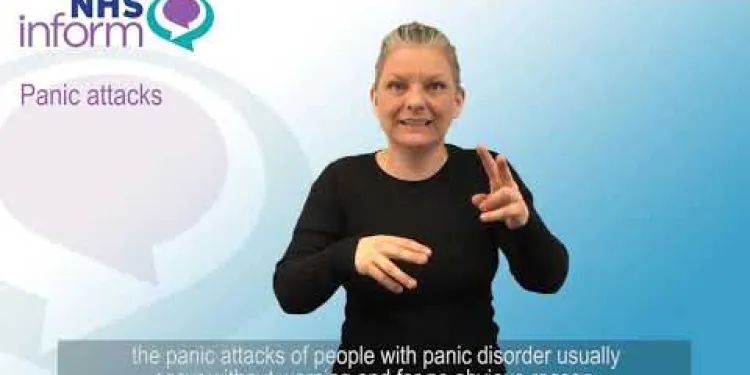
BSL - Diagnosis of panic disorder
Relevance: 33%
-
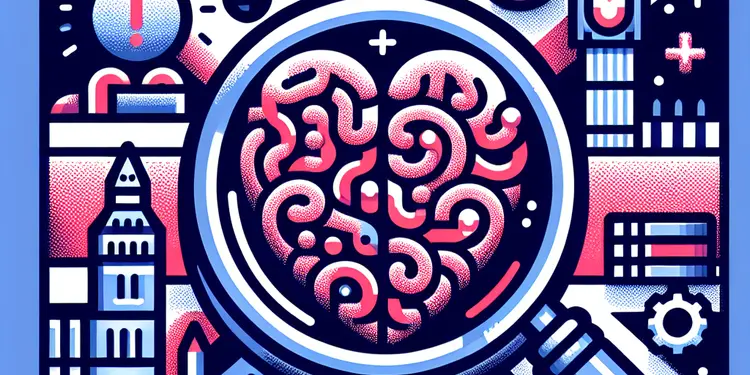
Is health-related anxiety a common condition?
Relevance: 28%
-
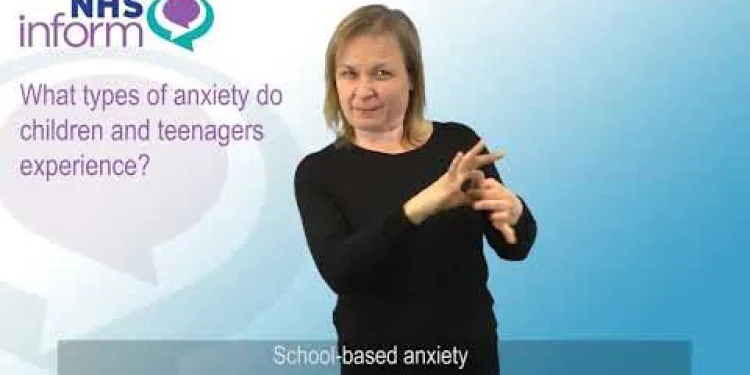
Anxiety in young people
Relevance: 25%
-

What are common symptoms of health-related anxiety?
Relevance: 25%
-
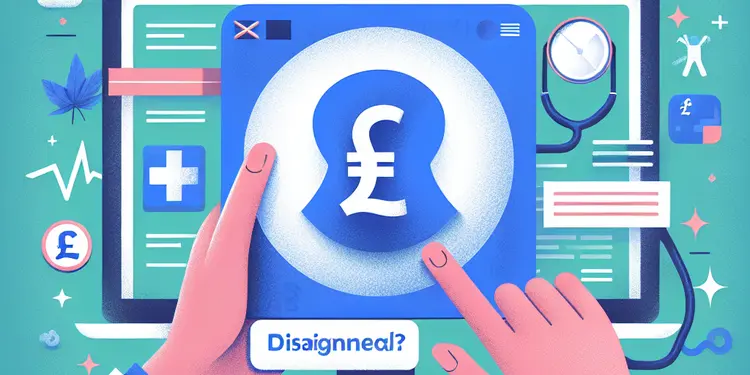
How is health-related anxiety diagnosed?
Relevance: 24%
-
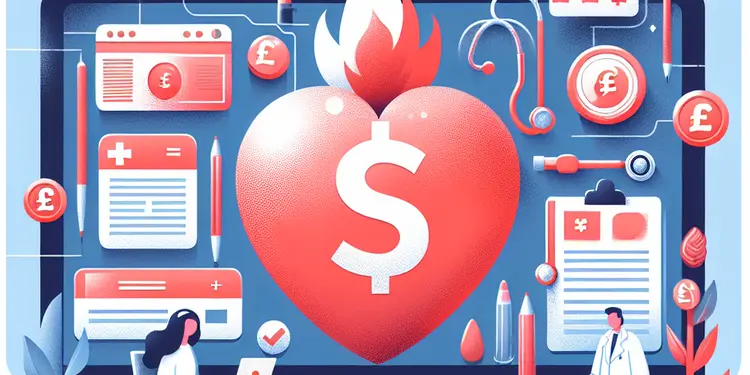
What is health-related anxiety?
Relevance: 24%
-
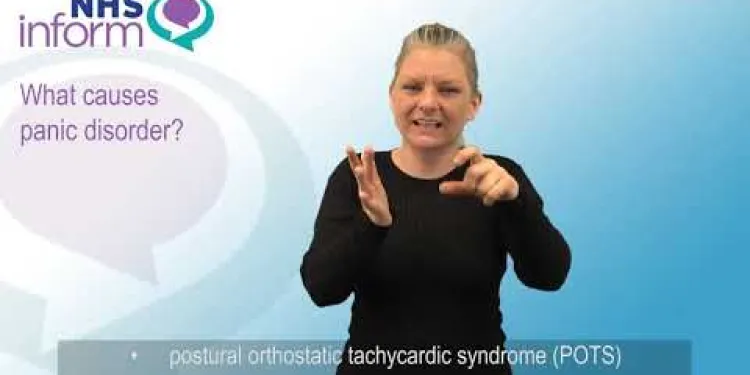
BSL - Introduction to panic disorder
Relevance: 23%
-

Can Music Therapy Be the Key to Reducing Anxiety?
Relevance: 23%
-
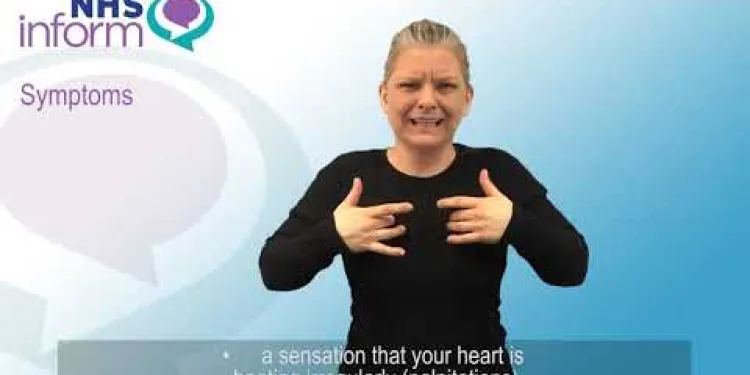
BSL - Symptoms of panic disorder
Relevance: 23%
-
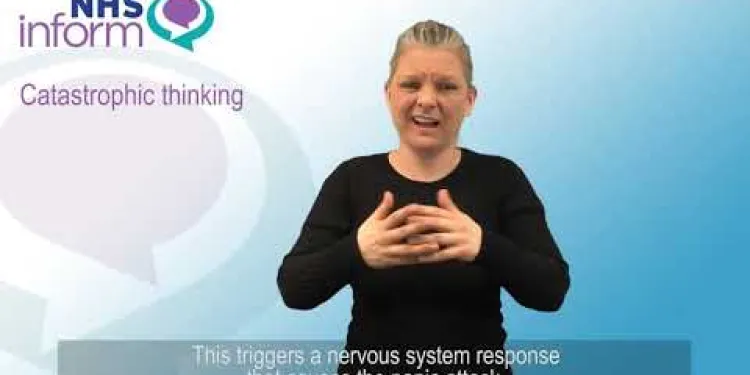
BSL - Causes of panic disorder
Relevance: 22%
-
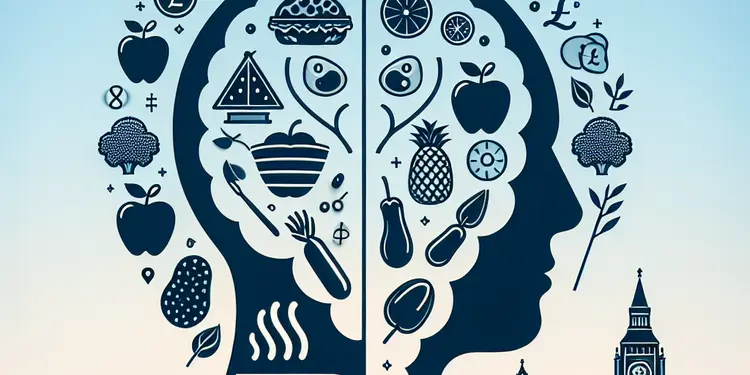
How do eating disorders affect mental health?
Relevance: 22%
-
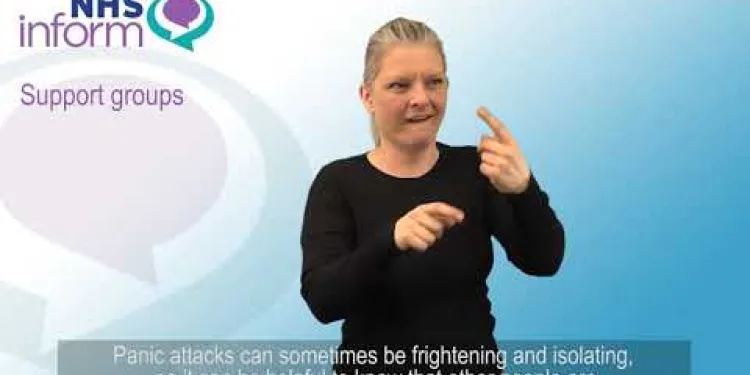
BSL - Treatment of panic disorder
Relevance: 22%
-
What is an Eating Disorder?
Relevance: 22%
-

How is health-related anxiety different from general anxiety?
Relevance: 22%
-
Can eating disorders occur with other mental health conditions?
Relevance: 22%
-

Coping with Stress and Anxiety
Relevance: 22%
-

What causes health-related anxiety?
Relevance: 21%
-
Who is at risk for developing an eating disorder?
Relevance: 21%
-
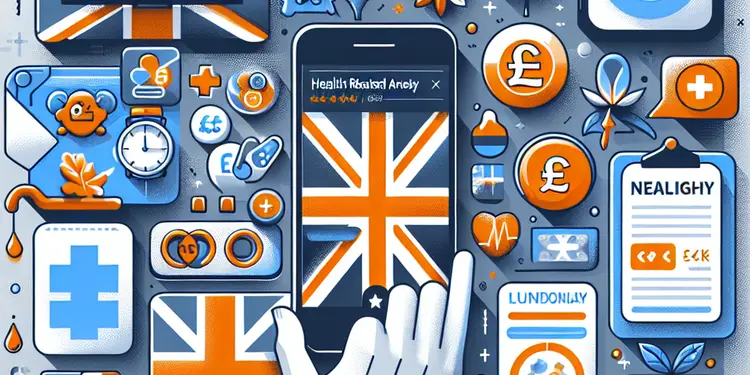
What is health related anxiety?
Relevance: 21%
-
How are eating disorders diagnosed?
Relevance: 21%
-
What are common symptoms of eating disorders?
Relevance: 20%
-
What are the main types of eating disorders?
Relevance: 20%
-

Short Films About Mental Health - Anxiety
Relevance: 20%
-
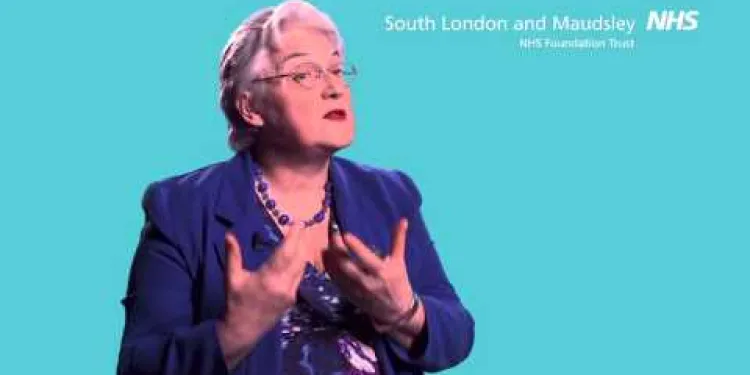
Eating disorders: treatment
Relevance: 20%
-
What is an eating disorder?
Relevance: 20%
-
What are the early warning signs of an eating disorder?
Relevance: 19%
-
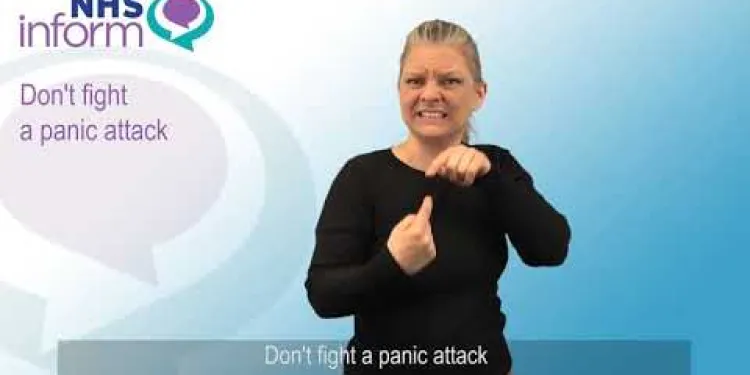
BSL - Panic disorder: things you can do to help yourself
Relevance: 19%
-
What are the long-term effects of untreated eating disorders?
Relevance: 19%
-
What is the role of therapy in treating eating disorders?
Relevance: 19%
-
Are there preventative measures for eating disorders?
Relevance: 19%
-
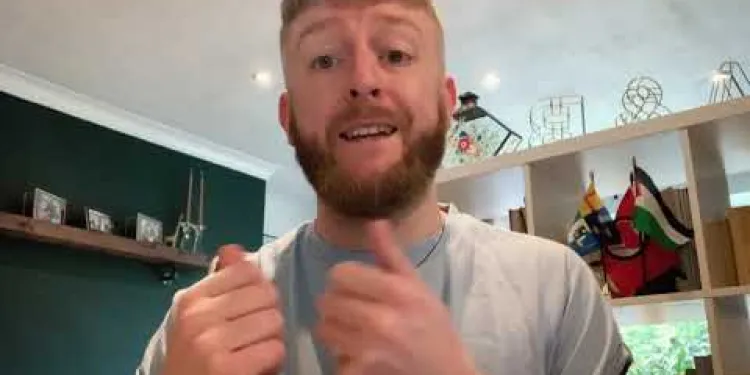
Living with Bipolar Disorder
Relevance: 19%
-
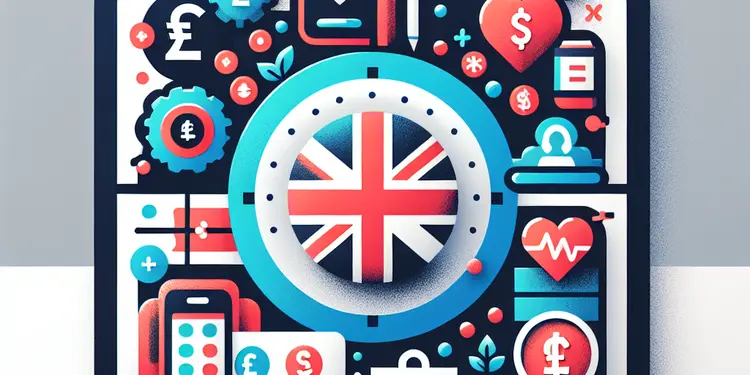
How can family and friends support someone with health-related anxiety?
Relevance: 19%
-

Treating anxiety and depression - www.slam.nhs.uk
Relevance: 18%
-
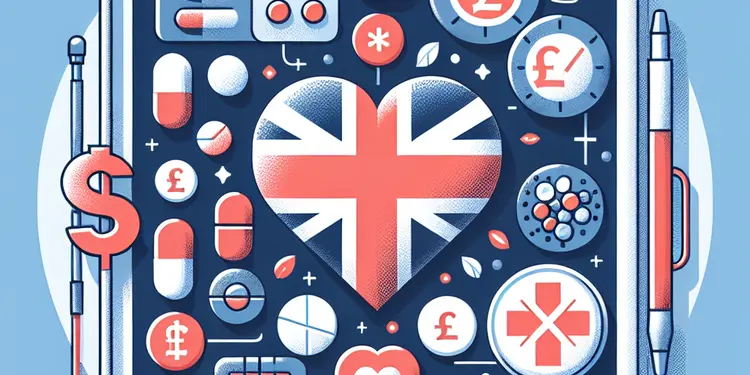
Is medication effective for health-related anxiety?
Relevance: 18%
-
Are eating disorders only about food?
Relevance: 18%
-
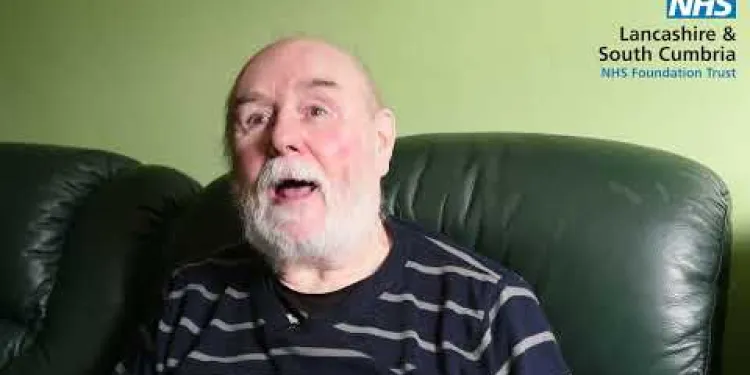
Steve Green tells his story on living with a hoarding disorder
Relevance: 18%
Treating Generalised Anxiety Disorder (GAD)
Understanding Generalised Anxiety Disorder (GAD)
Generalised Anxiety Disorder (GAD) is a chronic condition characterized by excessive, uncontrollable worry about various aspects of life, such as health, work, or personal relationships. People in the United Kingdom, like those elsewhere, may experience both physical symptoms and persistent anxiety. Effective treatment is essential to improving the quality of life.
Seeking Professional Help
If you suspect you have GAD, the first step is to consult your General Practitioner (GP). They can provide a diagnosis, rule out other conditions, and recommend appropriate treatment options. The NHS provides comprehensive resources and access to mental health specialists, including psychologists and psychiatrists, who can offer professional support.
Psychological Therapies
Cognitive Behavioural Therapy (CBT) is one of the most effective treatments for GAD. This therapy helps you identify and challenge negative thought patterns and behaviours contributing to anxiety. CBT is widely available in the UK through the NHS and private practitioners. Other therapeutic options include mindfulness-based therapies and interpersonal therapy.
Medication Options
For some individuals, medication may be necessary to manage GAD symptoms. Commonly prescribed medications include selective serotonin reuptake inhibitors (SSRIs) and serotonin-noradrenaline reuptake inhibitors (SNRIs). Your GP or psychiatrist can guide you on the best medication based on your specific needs. It's essential to follow their advice and report any side effects.
Lifestyle Changes and Self-Help Strategies
In addition to professional treatment, incorporating lifestyle changes can significantly help manage GAD. Regular physical activity, a balanced diet, and adequate sleep are crucial. Practicing relaxation techniques such as yoga, meditation, or deep-breathing exercises can also be beneficial. Support groups and online forums provide a platform to share experiences and gain peer support.
Conclusion
Treating Generalised Anxiety Disorder involves a multi-faceted approach, combining professional help, therapy, possible medication, and lifestyle changes. Residents of the UK have access to various resources provided by the NHS and private practitioners, ensuring comprehensive care. It's critical to seek help early to manage symptoms effectively and improve overall well-being.
Treating Generalised Anxiety Disorder (GAD)
Understanding Generalised Anxiety Disorder (GAD)
Generalised Anxiety Disorder (GAD) is when someone worries a lot about different things like health, work, or friends. This worry doesn't go away easily. People in the UK or anywhere can feel both worried and have body aches too. Getting the right help can make life better.
Seeking Professional Help
If you think you have GAD, talk to your doctor. They can see if you have GAD and suggest ways to help you. The NHS is a place where you can find mental health helpers, like psychologists and psychiatrists, who know how to give support.
Psychological Therapies
Cognitive Behavioural Therapy (CBT) is a way to help people with GAD. CBT teaches you how to change thoughts that make you worry. You can get CBT through the NHS or find someone who can help privately. Other therapies like mindfulness and talking with people can also help.
Medication Options
Some people might need medicine to feel better. Doctors might give you medicines called SSRIs or SNRIs. Your doctor will help you choose the right medicine and check if it works well for you. It's important to tell them if the medicine makes you feel bad.
Lifestyle Changes and Self-Help Strategies
Doing things like exercise, eating good food, and sleeping well can really help. Try things that make you relax like yoga, meditation, or deep breathing. Joining groups or talking to people online with the same worries can help you feel better too.
Conclusion
Getting help for Generalised Anxiety Disorder means doing many different things, like seeing a doctor, doing therapy, maybe taking medicine, and changing your daily habits. People in the UK can find many kinds of help. It's important to ask for help early to feel better and live happily.
Frequently Asked Questions
What is Generalised Anxiety Disorder (GAD)?
Generalised Anxiety Disorder (GAD) is a mental health condition characterized by excessive, uncontrollable worry about various aspects of daily life such as work, relationships, health, and finances. This worry is often disproportionate to the actual situation and can interfere with daily functioning.
What are the symptoms of GAD?
Symptoms of GAD include persistent worrying, restlessness, difficulty concentrating, muscle tension, irritability, sleep disturbances, and feeling easily fatigued.
How is GAD diagnosed?
GAD is typically diagnosed by a GP or a mental health professional through a comprehensive evaluation that includes a discussion of symptoms, medical history, and sometimes questionnaires or screening tools.
What treatments are available for GAD?
Treatments for GAD include psychotherapy (such as Cognitive Behavioural Therapy), medication (such as antidepressants and anxiolytics), lifestyle changes, and self-help strategies.
What is Cognitive Behavioural Therapy (CBT)?
Cognitive Behavioural Therapy (CBT) is a type of psychotherapy that helps individuals change negative patterns of thinking and behaviour that contribute to anxiety. CBT is one of the most effective treatments for GAD.
Are medications effective for treating GAD?
Yes, medications such as Selective Serotonin Reuptake Inhibitors (SSRIs) and Serotonin-Norepinephrine Reuptake Inhibitors (SNRIs) are commonly prescribed and can be effective in reducing symptoms of GAD.
Can lifestyle changes help manage GAD?
Yes, lifestyle changes such as regular exercise, healthy eating, adequate sleep, and stress management techniques (like mindfulness and relaxation exercises) can help manage symptoms of GAD.
Is GAD a common condition?
Yes, GAD is a relatively common mental health condition. It is estimated that up to 5% of the UK population will experience GAD during their lifetime.
Can children and adolescents have GAD?
Yes, GAD can affect individuals of all ages, including children and adolescents. The symptoms may present differently in younger individuals, but effective treatments are available.
How long does treatment for GAD usually last?
The duration of treatment for GAD varies depending on the severity of symptoms and individual response to therapy or medication. Some people may see improvement within a few months, while others may need longer-term treatment.
Can GAD be cured?
While there is no cure for GAD, many people can manage their symptoms effectively with proper treatment, leading to a significant reduction in anxiety and improved quality of life.
What should I do if I think I have GAD?
If you think you have GAD, it's important to speak with your GP. They can help diagnose your condition and recommend appropriate treatment options.
What self-help strategies can I use to manage GAD?
Self-help strategies for managing GAD include practicing mindfulness and relaxation techniques, engaging in regular physical activity, maintaining a healthy diet, getting adequate sleep, and limiting caffeine and alcohol intake.
Is online therapy available for GAD?
Yes, online therapy is available and can be an effective option for individuals with GAD. Many licensed therapists provide telehealth services, including CBT, through secure video conferencing platforms.
How can I support a loved one with GAD?
Supporting a loved one with GAD involves being understanding and patient, encouraging them to seek professional help, listening without judgment, and helping them engage in healthy activities. It's also important to educate yourself about GAD so you can better understand what they are experiencing.
What is Generalised Anxiety Disorder (GAD)?
Generalised Anxiety Disorder, or GAD, is a condition where a person feels very worried and anxious most of the time. It can make everyday life hard.
People with GAD might worry about things like school, work, or family even when there is no big problem. They often find it hard to stop worrying.
There are ways to help with GAD. Talking to a doctor or a therapist can be a good start. Sometimes, they can suggest exercises or medicines that might help.
Using calming techniques, like deep breathing or listening to soft music, can also help. Keeping a worry diary to write down feelings can be useful too.
Generalised Anxiety Disorder (GAD) is when someone worries a lot about everyday things. This means they worry too much about stuff like work, friends, health, and money. This worrying can make it hard for them to do normal things each day.
What are the signs of GAD?
GAD means Generalized Anxiety Disorder. It can make you feel very worried.
Here are some signs of GAD:
- Feeling worried a lot, even about small things.
- Feeling restless and not able to relax.
- Having trouble sleeping or staying asleep.
- Feeling very tired.
- Having a hard time concentrating.
- Feeling your heart beating fast.
It's important to talk to a doctor if you feel these signs a lot.
You can also try:
- Talking to someone you trust.
- Writing down how you feel.
- Practicing deep breathing.
- Doing something you enjoy, like drawing or listening to music.
If you have GAD, you might feel very worried all the time. You could feel jumpy or restless. It might be hard to focus on things. Your muscles might feel tight or sore. You could get upset easily. Sleeping might be tough, and you might feel tired often.
To help with this, you can talk to a doctor or a therapist. Doing relaxing activities like deep breathing or drawing can also help. There are also apps that can help you practice mindfulness or calm your mind.
How do doctors find out if someone has GAD?
A doctor or mental health expert can say if someone has GAD. They will talk to the person about how they are feeling and their health history. They might also use some questionnaires or tools to help find out.
What helps if you feel worried a lot?
There are different ways to help with GAD, which means Generalized Anxiety Disorder. Here are some ways:
- Talking to a therapist. This is called therapy, and one type is CBT, which stands for Cognitive Behavioural Therapy.
- Medicine can help too. These are pills like antidepressants and anxiolytics.
- Changing some things in your life can make you feel better. This means doing things like exercising, eating healthy food, and getting enough sleep.
- You can also try helping yourself by learning to relax and manage stress. Breathing exercises and writing in a journal can help.
- You can use apps or websites to guide you, like Calm or Headspace, which can help you feel more relaxed.
What is CBT?
CBT stands for Cognitive Behavioural Therapy. It is a talking treatment that helps people feel better.
CBT can help you change the way you think and act. This can make you feel happier and less worried.
If you want to try CBT, you can talk to a doctor or a therapist.
Some people also like to use apps or books to learn about CBT at home.
Cognitive Behavioural Therapy, or CBT, is a kind of talking therapy. It helps people change bad ways of thinking and acting. This can help with feeling worried or anxious. CBT is a very good way to help people with Generalized Anxiety Disorder, or GAD.
Do medicines help with GAD?
Yes, there are medicines that can help with GAD. These are called SSRIs and SNRIs. Doctors often give these medicines to help people feel better.
Can changing daily habits help with feeling very worried?
Yes, you can make changes in your life to help feel better if you have GAD. You can try doing things like:
- Exercise regularly. This means moving your body often, like walking, running, or playing sports.
- Eat healthy foods. Try to eat lots of fruits and veggies.
- Get enough sleep. Sleep helps your body rest and get ready for the next day.
- Learn to relax. Try calm breathing or listen to soft music to help stop stress.
These things can help you feel better and manage the symptoms of GAD. You can also talk to a friend or an adult you trust when you need help.
Is GAD common?
Yes, GAD is a common health problem. It is thought that up to 5 out of every 100 people in the UK will have GAD at some point in their lives.
Can kids and teens have GAD?
Yes, kids and teens can have GAD. GAD stands for Generalized Anxiety Disorder. This means they might worry a lot about things.
If a kid or teen is worried a lot, they should talk to an adult they trust. This could be a parent, teacher, or counselor.
Doing calming things like drawing, listening to music, or deep breathing can help. Talking to a doctor or therapist can also be a good idea.
Yes, people of all ages can have GAD (Generalized Anxiety Disorder). This includes kids and teenagers. The signs might look different in younger people, but there are good ways to help them feel better.
How long does treatment for GAD usually last?
GAD stands for Generalized Anxiety Disorder. It means feeling very worried and anxious a lot.
Treatment helps people feel better. It can take some time.
Most people might feel better in a few months. But, some might take longer.
Talking to a doctor can help. They will make a plan just for you.
Drawing, listening to music, or taking deep breaths can help with worry too.
How long you need treatment for GAD can be different for each person. It depends on how bad your feelings are and how well you do with therapy or medicine. Some people feel better in a few months. Others might need more time to get better.
Can GAD be made better?
GAD means feeling worried a lot. People with GAD are anxious and nervous.
You can get help to feel better if you have GAD.
- Talking to someone can help. This is called therapy.
- Medicines can also help you feel calmer.
- It is good to do things that help you relax, like drawing or listening to music.
Remember, you are not alone, and you can feel better with help.
There is no cure for GAD, but people can feel better with the right help. This means they can feel less worried and have a happier life.
What should I do if I think I have GAD?
If you feel worried a lot and it's hard to stop, you might have GAD (Generalized Anxiety Disorder). Here are some things you can do:
- Talk to a doctor. They can help you understand what you are feeling.
- Tell someone you trust, like a family member or a friend. It's good to share your feelings.
- Try relaxing exercises, like deep breathing. This can help you feel calmer.
- Use helpful tools like drawing, listening to music, or writing in a diary. These can help you feel better.
If you think you worry too much, talk to your doctor. They can tell you what is wrong and help you get the right care.
How can I help myself feel better with GAD?
Here are some ways you can help yourself: 1. **Breathe Deeply**: If you feel worried, take slow, deep breaths. This can help you feel calm. 2. **Talk to Someone**: Share how you feel with a friend or family member. Talking can make you feel better. 3. **Exercise**: Moving your body can help your mind feel good. Try walking, dancing, or playing outside. 4. **Make a List**: Write down things that make you feel good. Do one thing from your list every day. Helpful Tips: - Use an app or a diary to track your feelings. - Listen to calming music or sounds. - Practice doing one thing at a time, so you don’t feel too busy. These are small steps that can help you feel better each day.Here are some ways to feel better if you worry a lot:
Stay Calm: Try to sit quietly and breathe slowly. This is called mindfulness. It can help you feel relaxed.
Exercise: Move your body by walking, dancing, or playing sports. Exercise makes you feel good and helps your body stay healthy.
Eat Well: Eating fruits, vegetables, and healthy foods is good for you. Try to eat less junk food.
Sleep Enough: Make sure you get plenty of rest at night. Sleep helps you feel better.
Drink Less Soda and Coffee: These drinks can make you feel jumpy. Try drinking water or juice instead.
Limit Alcohol: Try not to drink too much alcohol. It can make you feel worse.
Remember, if things feel too hard, it’s a good idea to talk to someone who can help, like a parent, teacher, or doctor.
Can you get help for GAD online?
Yes, you can do therapy online. It can help people with GAD (this means Generalized Anxiety Disorder). Many trained therapists can talk to you online, using video calls. They use safe technology to help you.
How can I help someone I love who worries a lot?
When someone you love worries all the time, it can be hard. Here are some ways to help them:
- Listen: Let them talk about their worries and really listen to what they say.
- Be Calm: Stay calm and relaxed when they are upset. It can help them feel better.
- Be There: Spend time with them and let them know you care.
- Help Them Relax: Do something fun together to help them feel happier. Maybe play a game or watch a funny movie.
- Learn Together: Find out more about worrying and how people can feel better. You can read books or look things up online.
- Get Help: Encourage them to talk to a teacher, doctor, or counselor if they need more help.
It's important to let them know they are not alone. You are there for them.
Helping someone you care about who worries a lot can be done in simple ways. Be kind and patient with them. Suggest they talk to a doctor or a person who can help them feel better. Listen to them without saying anything bad. Do fun and healthy things together. It’s also good to learn about their worries so you can know what they are going through.
Useful Links
Have you found an error, or do you have a link or some information you would like to share? Please let us know using the form below.
-->
This website offers general information and is not a substitute for professional advice.
Always seek guidance from qualified professionals.
If you have any medical concerns or need urgent help, contact a healthcare professional or emergency services immediately.
Some of this content was generated with AI assistance. We’ve done our best to keep it accurate, helpful, and human-friendly.
- Ergsy carfully checks the information in the videos we provide here.
- Videos shown by Youtube after a video has completed, have NOT been reviewed by ERGSY.
- To view, click the arrow in centre of video.
- Most of the videos you find here will have subtitles and/or closed captions available.
- You may need to turn these on, and choose your preferred language.
- Go to the video you'd like to watch.
- If closed captions (CC) are available, settings will be visible on the bottom right of the video player.
- To turn on Captions, click settings .
- To turn off Captions, click settings again.
More Items From Ergsy search
-

Generalised anxiety disorder (GAD)
Relevance: 100%
-

Treating generalised anxiety disorder (GAD)
Relevance: 94%
-

What type of anxiety do children and teenagers experience?
Relevance: 50%
-

Anxiety | NHS
Relevance: 35%
-

BSL - Diagnosis of panic disorder
Relevance: 33%
-

Is health-related anxiety a common condition?
Relevance: 28%
-

Anxiety in young people
Relevance: 25%
-

What are common symptoms of health-related anxiety?
Relevance: 25%
-

How is health-related anxiety diagnosed?
Relevance: 24%
-

What is health-related anxiety?
Relevance: 24%
-

BSL - Introduction to panic disorder
Relevance: 23%
-

Can Music Therapy Be the Key to Reducing Anxiety?
Relevance: 23%
-

BSL - Symptoms of panic disorder
Relevance: 23%
-

BSL - Causes of panic disorder
Relevance: 22%
-

How do eating disorders affect mental health?
Relevance: 22%
-

BSL - Treatment of panic disorder
Relevance: 22%
-
What is an Eating Disorder?
Relevance: 22%
-

How is health-related anxiety different from general anxiety?
Relevance: 22%
-
Can eating disorders occur with other mental health conditions?
Relevance: 22%
-

Coping with Stress and Anxiety
Relevance: 22%
-

What causes health-related anxiety?
Relevance: 21%
-
Who is at risk for developing an eating disorder?
Relevance: 21%
-

What is health related anxiety?
Relevance: 21%
-
How are eating disorders diagnosed?
Relevance: 21%
-
What are common symptoms of eating disorders?
Relevance: 20%
-
What are the main types of eating disorders?
Relevance: 20%
-

Short Films About Mental Health - Anxiety
Relevance: 20%
-

Eating disorders: treatment
Relevance: 20%
-
What is an eating disorder?
Relevance: 20%
-
What are the early warning signs of an eating disorder?
Relevance: 19%
-

BSL - Panic disorder: things you can do to help yourself
Relevance: 19%
-
What are the long-term effects of untreated eating disorders?
Relevance: 19%
-
What is the role of therapy in treating eating disorders?
Relevance: 19%
-
Are there preventative measures for eating disorders?
Relevance: 19%
-

Living with Bipolar Disorder
Relevance: 19%
-

How can family and friends support someone with health-related anxiety?
Relevance: 19%
-

Treating anxiety and depression - www.slam.nhs.uk
Relevance: 18%
-

Is medication effective for health-related anxiety?
Relevance: 18%
-
Are eating disorders only about food?
Relevance: 18%
-

Steve Green tells his story on living with a hoarding disorder
Relevance: 18%


